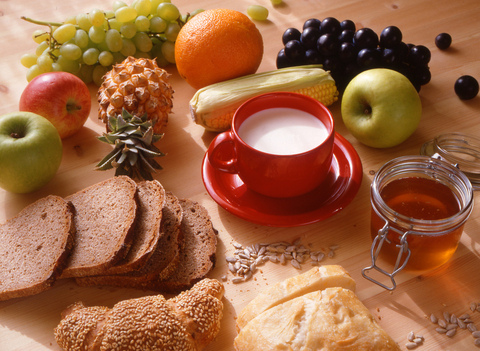What happens if I don’t have my wisdom teeth removed?
March 9th, 2016

One of the things Dr. Michelle Slezewski and Dr. Paul Engibous and our team at Pediatric Dental Associates monitor during your dental appointments is the growth of your wisdom teeth, or third molars. Third molars generally begin to erupt between the ages of 17 and 25. Wisdom teeth may require removal for many reasons, including pain, infection, or growth issues. While not all patients need their wisdom tooth removed, problems can develop if removal is not performed.
Overcrowding
Many patients have smaller mouths and jaws, which do not allow room for the third molars to grow in properly. If these teeth do erupt, overcrowding can occur. Your teeth will begin to shift or overlap each other. Wisdom teeth that erupt after orthodontic care is completed can cause the teeth to shift and negate the work performed.
Impacted Wisdom Teeth
When wisdom teeth are impacted, they are trapped below your gum line. Impacted wisdom teeth can be very painful and may be prone to abscess and infection. The impaction can lead to decay and resorption of healthy teeth.
On occasion, if wisdom teeth are not monitored properly, their growth can shift parallel to the jaw line. They can also shift backward and eventually interfere with the opening and closing of your jaw.
Greater Potential for Decay
Even when wisdom teeth grow in properly, the location can make the teeth harder to care for. This in turn can lead to the growth of more bacteria, and create health issues later in life.
If you do not have your wisdom teeth removed, they will require continued monitoring. Wisdom teeth are just as subject to decay and other problems as the rest of your teeth. Those that appear above the gum surface can often be extracted at a dental office in a fashion similar to any other tooth extraction. Impacted teeth are normally handled by an oral surgeon.
Pain in the back of the jaw and swelling may indicated wisdom teeth that are beginning to rupture or are impacted. A simple set of X-rays will determine the extent and direction of growth. Please do not hesitate to discuss your concerns during your next visit our Anchorage, AK office. We will be happy to explain wisdom teeth, and potential removal, as it applies to your specific case.



